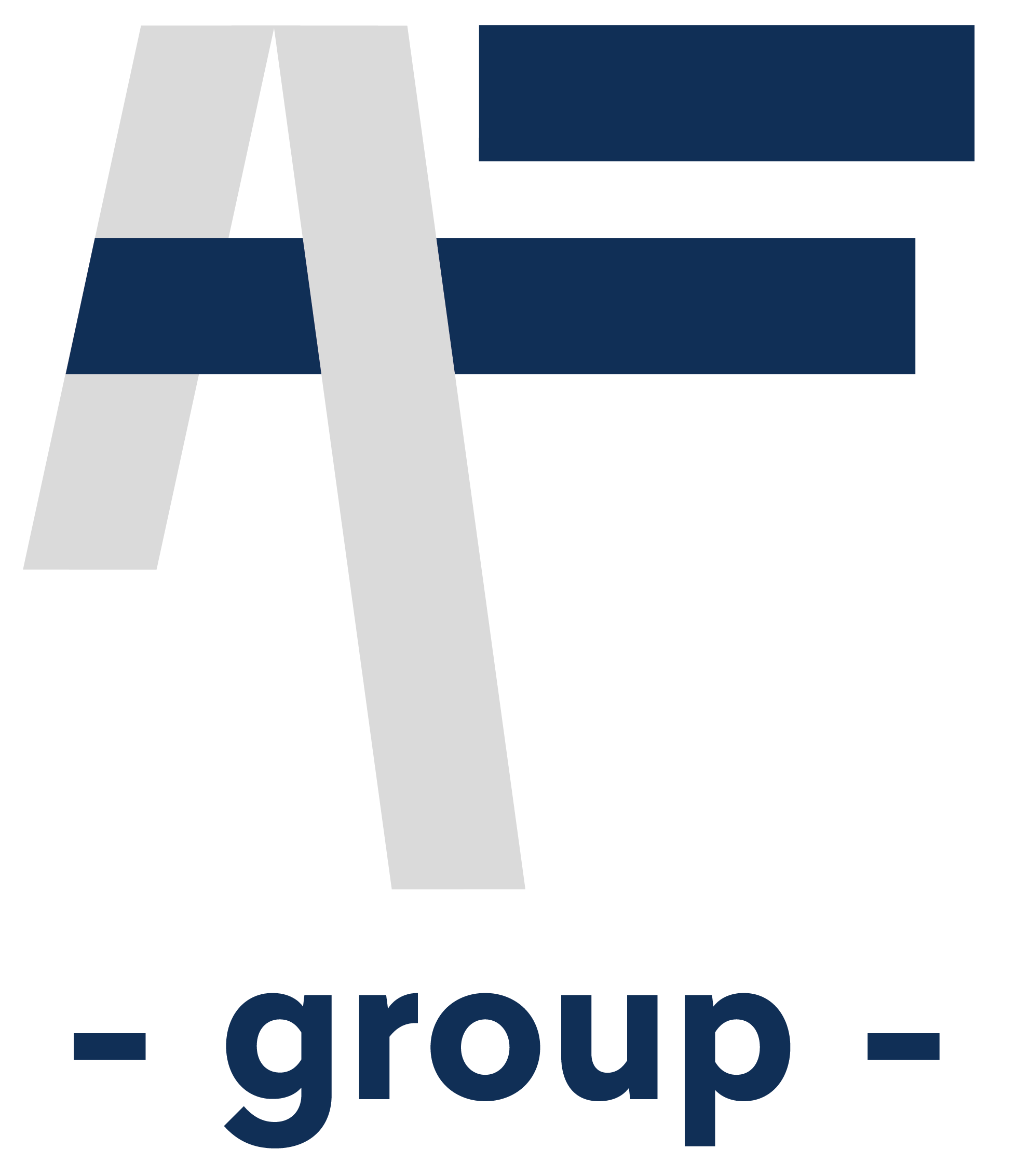Performance evaluation of each decentralized unit helps in exercising adequate control. Another important pointer in the advantages and disadvantages of decentralization is that decisions are taken and executed by authorized personnel. This, in turn, results in faster and accurate decisions which are well aware of the real scenario. While carrying out a discussion on the advantages and disadvantages of decentralization, it is imperative to note that it aids subordinates in exercising their own judgment. Factors like market fluctuations, government policies and intervention and trade union movement often present a challenge to optimize the productivity of a company through decentralization. Further, with decentralization management is more adept at identifying areas that require more attention or reforms to emerge as more productive.
Administration is looking after the functioning of certain people or an organization. In the centralisation of administration, all the powers rest with one authority at the top. In the case of decentralization, important powers are kept with the center and some powers and authorities are devoted to the lower levels of administration. In the case of decentralization, voices of the marginalized, poorest of the poor and locals are heard. In the case of centralized authority, as the decision is taken by a single person or group of persons, they might miss out on some local issues. But, this form of administration helps in maintaining greater control over the people.
- This, in turn, results in faster and accurate decisions which are well aware of the real scenario.
- The top management needs to focus on other strategical issues.
- Yes, decentralization is the future of computer networks as there is no central authority.
- Although decentralization lays a positive impact on the productivity of a firm, it brings forth specific challenges as well.
There are times when the managers have to take immediate and unplanned decisions at operational levels; it is only possible in decentralized organizations. It changes the whole organizational structure right from the top management to the bottom level. Like other business strategies, decentralization is also purposeful. In centralized system, there was involvement of one server so it was easy to hack. Decentralized networks enable to sharing of information privately and securely. The user doesn’t have to take permission so has the full authority to publish something.
Since there is no central authority, there is no central server. Therefore many organizations are now switching to a decentralized network. The products of Google from online search to mobile Android are given the freedom to work independently. It is the transfer of power to make decisions that involve utilization of natural resources, mobilization of other resources, administrative authority.
Advantages and Disadvantages Of Decentralisation
The action you just performed triggered the security solution. There are several actions that could trigger this block including submitting a certain word or phrase, a SQL command or malformed data. In decentralisation, every employee takes responsibility for the better of the organisation so they work harder to achieve all the organisational objective. In return, they have to be paid more which sometimes proves to be very expensive for the company. Decentralization serves as an important tool for satisfying our basic need of independence, power, prestige, and status. A cadre of satisfied manager is build up by this satisfaction as they feel responsible towards the company’s betterment.
Decentralization releases the management from operational decision making, facilitating them to engage themselves in future strategic planning. The managers exercise better control over the operations of the subordinates by taking disciplinary actions. They can make decisions related to production schedules, promotions and leaves taken by the subordinates. However, for the corporates running on a vast scale, a decentralized system is necessary for the smooth functioning of the business. Decentralization can add inertia to the expansion process of a growing business. This might often result in the opening of new business units in varying geographical locations.
With the middle and lower-level management being more involved with the everyday operation, the top management seeks the opportunity to focus on expansion and sustenance of profitability. With the presence of fewer hierarchical levels, there is a smooth flow of communication between the superiors and subordinates in each department. In turn, such a set-up comes in handy for the top management and keeps them informed about the grievances and functioning of each department. The biggest problem of Decentralized system is there is no consistency. Some unauthentic users try to share some harmful data which might result in any fatal data loss. The management has to take certain crucial strategical decisions which require a lot of analysis and planning.
Decentralization: Definitions, Theories and Debate
Decentralization, on the other hand, is a method and approach by which powers and responsibilities are transferred to units away from the center. It is the transfer of authority from central administration to (state and/or) local administrations or governments. Much of the decentralization that has taken place in the past decade has been motivated by political concerns. However, there is also a strong rationale for decentralization in terms of economic efficiency, public accountability, and empowerment. Technology includes tools, materials, skills, techniques and processes by which goals are accomplished in the public and private spheres. Concepts of decentralization of technology are used throughout all types of technology, including especially information technology and appropriate technology.
Ideological decentralization
Decentralization provides for self-learning of the managers by facing the problem, finding the solutions themselves and taking the correct decisions. It adds on to the skills, experience and expertise of the managers in their respective departments. This process is experimental and the keywords may be updated as the learning algorithm improves. Add decentralization to one of your lists below, or create a new one. This website is using a security service to protect itself from online attacks.
But there are certain shortcomings of decentralization too which makes it unsuitable for all type of organizations. However, if the mindset of the administration is such that they solely prefer to make all the business-related decisions, they won’t go for decentralization. This decentralization practice leads to better management of each outlet as well as the manufacturing unit. It also facilitated the owner to plan for organizational growth and development.
Factors Influencing Decentralization
Concepts of decentralization have been applied to group dynamics and management science in private businesses and organizations, political science, law and public administration, technology, economics and money. India is a country with cooperative federalism which means that the entire structure is such that it is decentralized with a twist of centralisation in certain spheres. Reservations for the SC, ST, OBC and women are extended to the panchayats at the local level also. This was brought through the 73rd and 74th constitutional amendments.
More meanings of decentralization
It is again divided into divestment, devolution and deconcentration. Divestment is when the powers are transferred to some voluntary organizations from the government. A delegation is an exclusive form in which the powers and authority are delegated to the subordinate officials.
It creates an efficient, secured, and reliable administration. The biggest advantage of decentralization is if a part of the network crashes, the whole network will work uninterrupted. The main reason why decentralization is better than centralization is the flexibility and data to adapt to market demands quickly. Fiscal decentralization accords substantial revenue and expenditure autonomy to local governments, including the power to levy taxes and user charges. The variety of existing definitions and concepts of decentralization within the literature clearly indicates that different perspectives and incentive systems have been applied to a frequently used term.
It is only possible through delegation of the authority and responsibility to the managerial level. Here, decision making is required standard costing: a managerial control tool at every step of the business operations. However, every organization need not necessarily go for decentralization.


